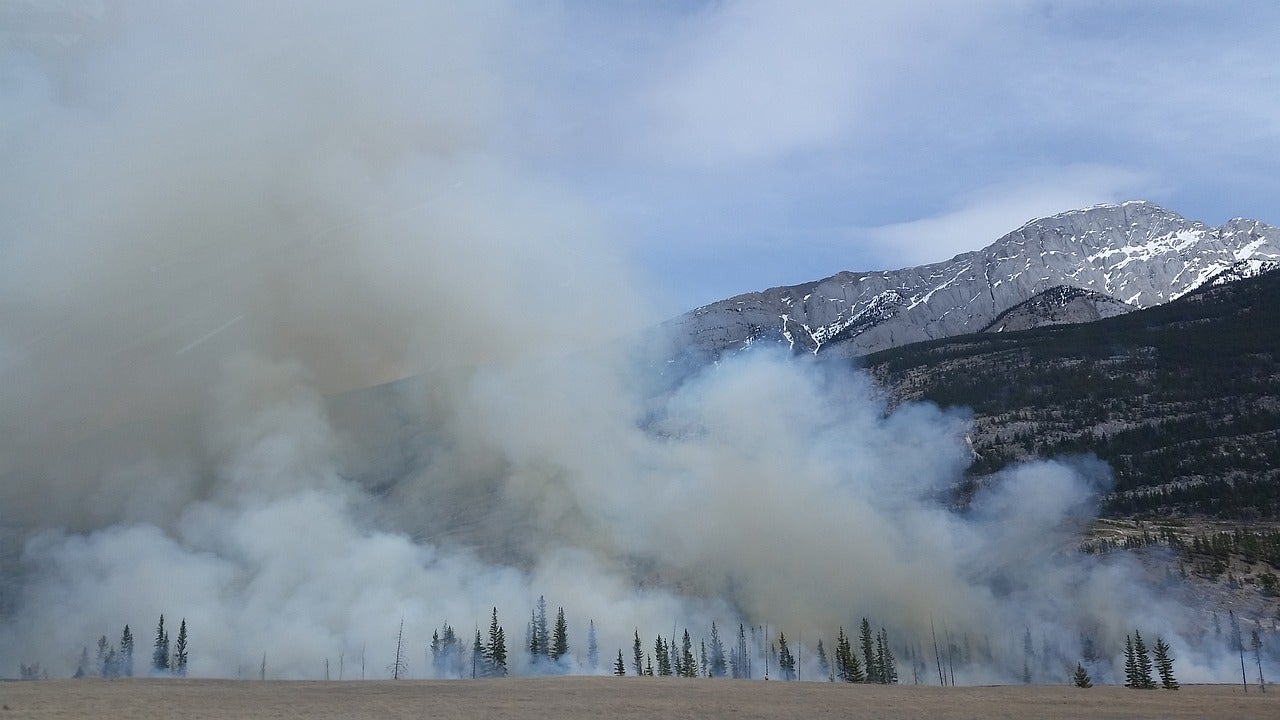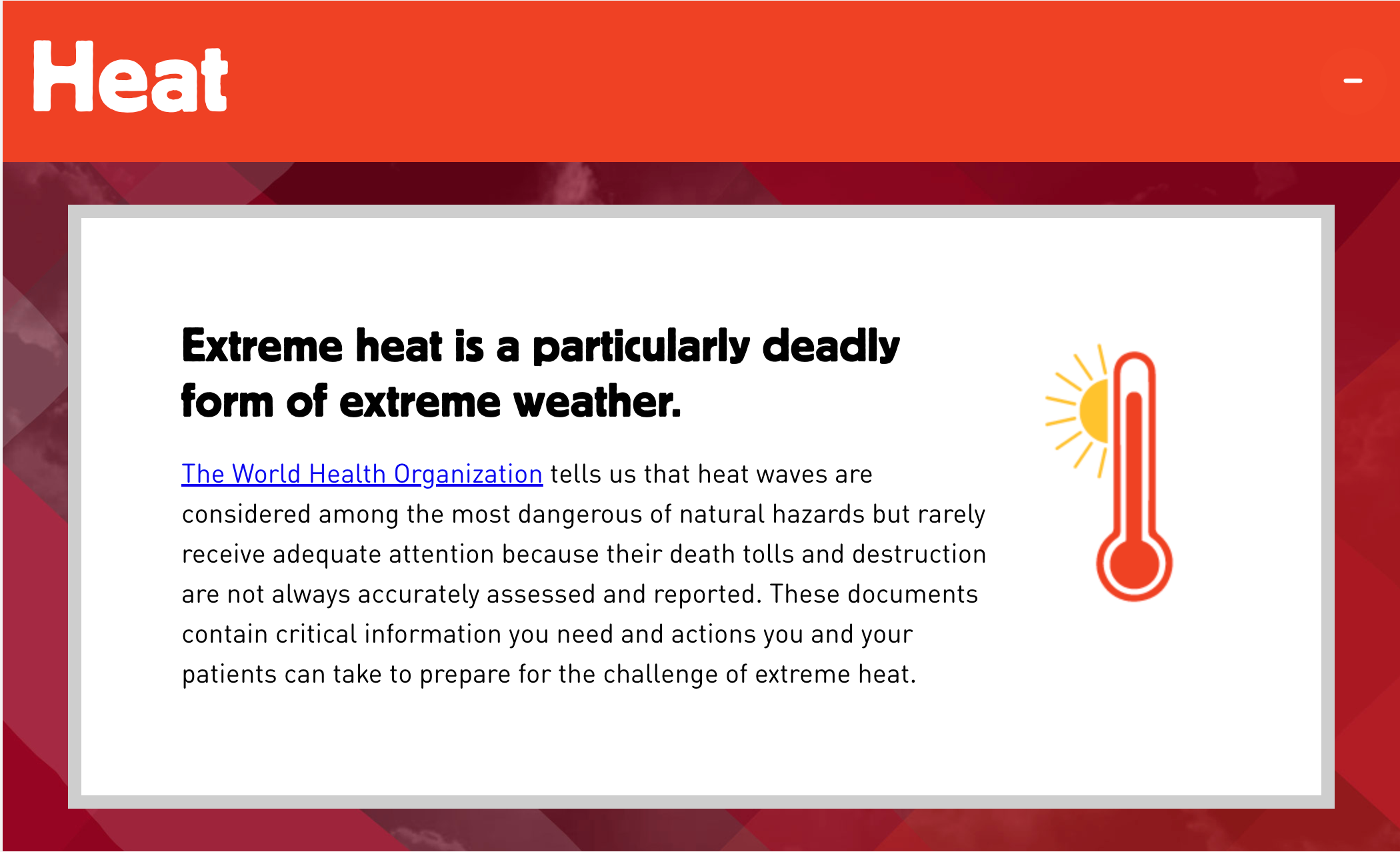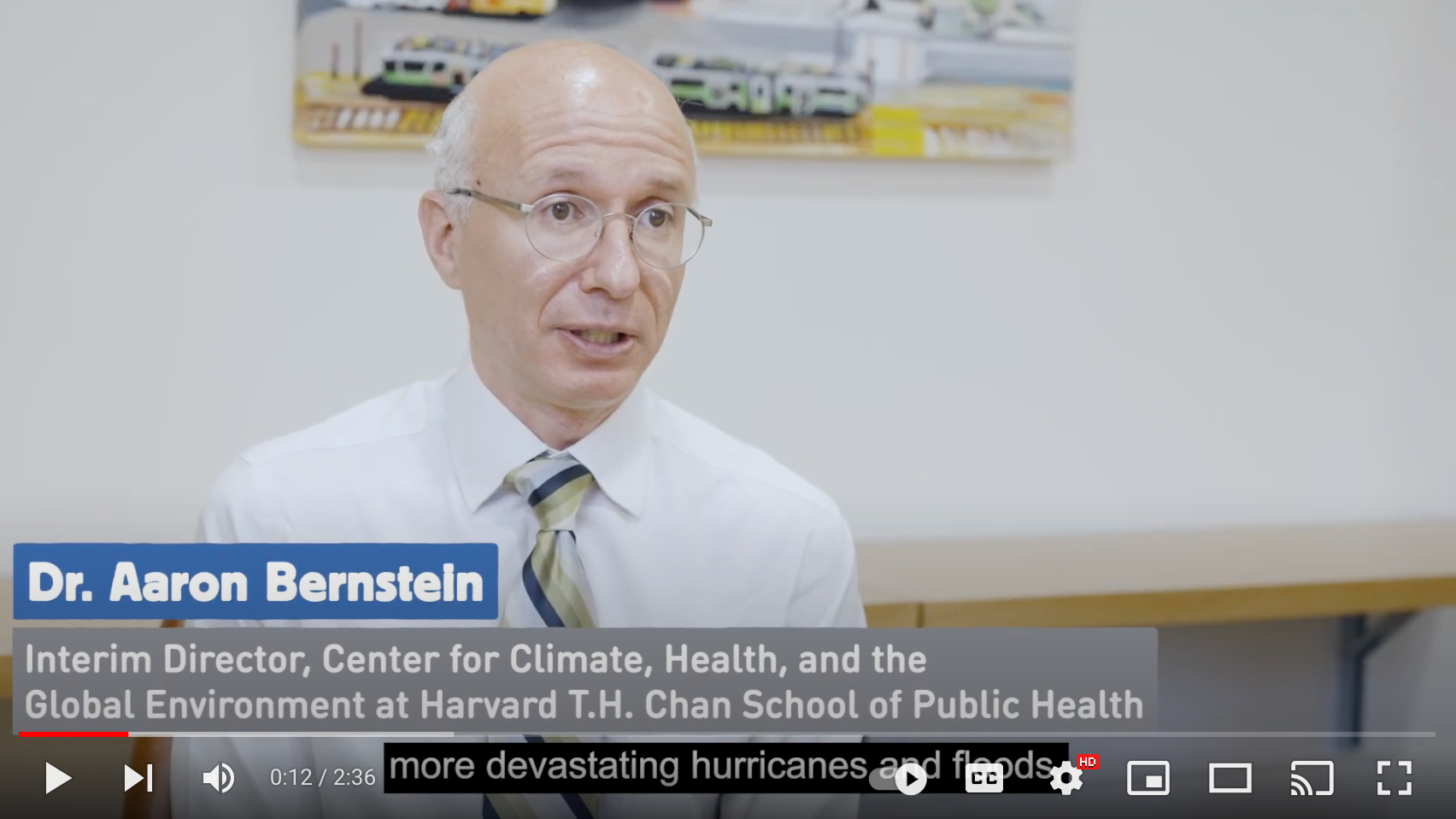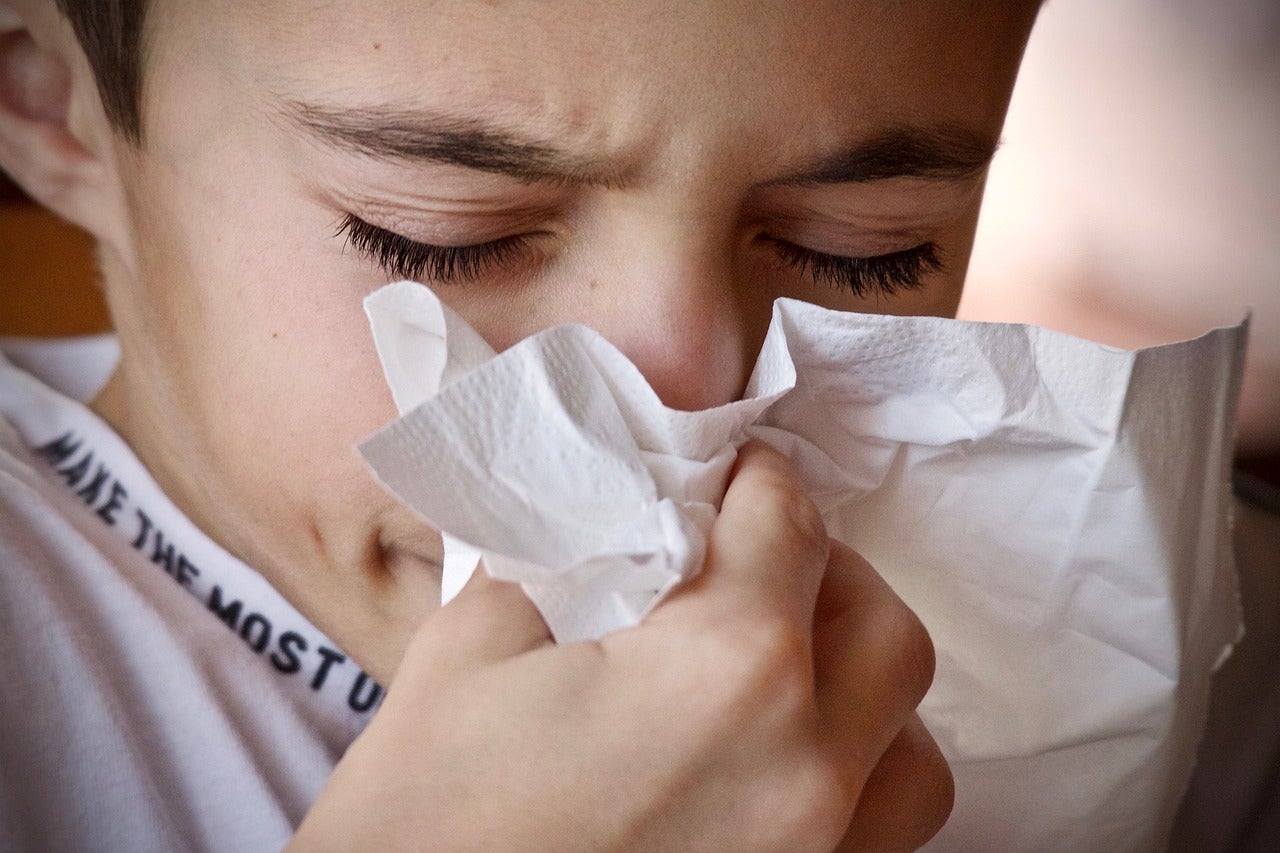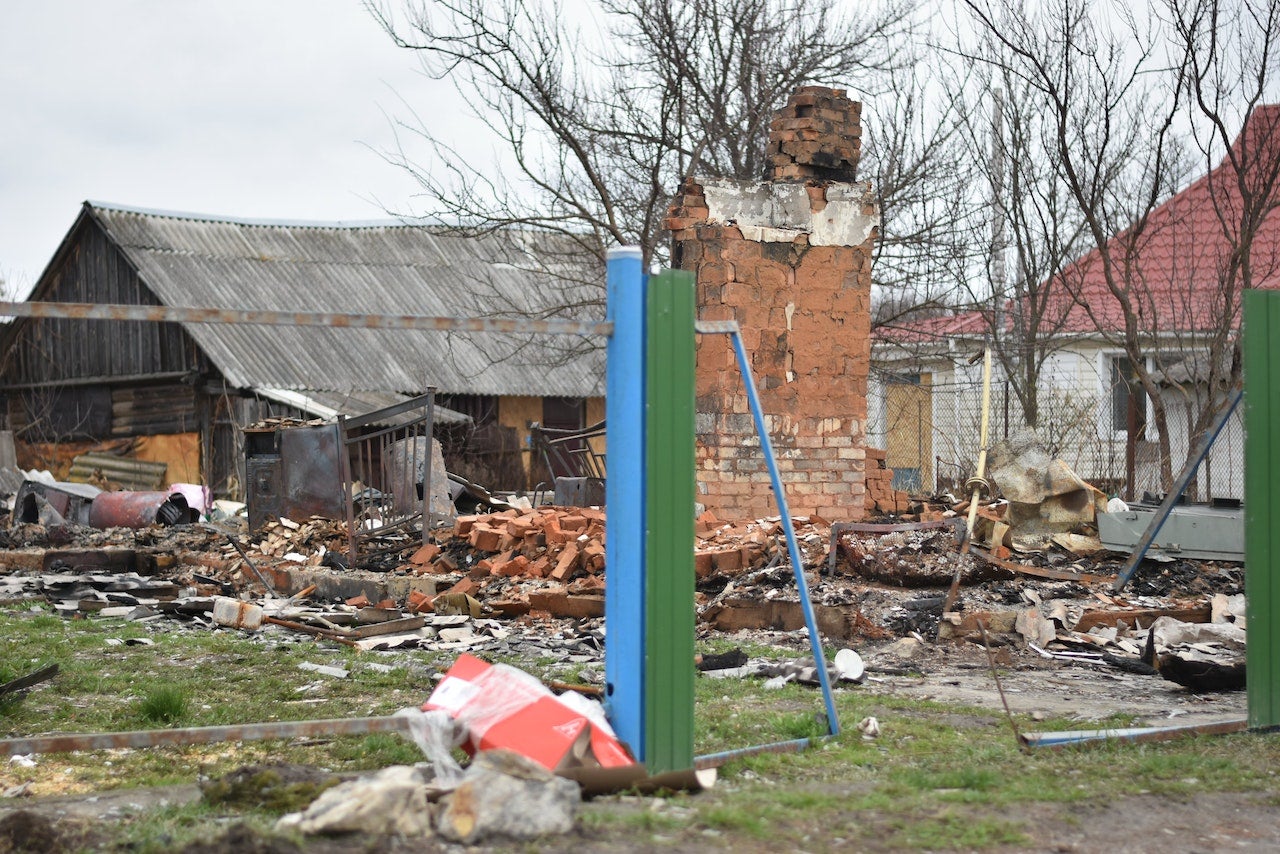Republished under a Creative Commons license
By Dr. Aaron Bernstein in Coverage
If you’ve made a New Year’s resolution, chances are you want to be more fit or save more money. Everyone knows making good on these resolutions ain’t easy. So when you hit the wall in your workout routine, or are tempted to splurge on earpods or an Instapot, consider this: You can lose weight and save money by taking actions that also combat carbon pollution. Here are some tips to transform your New Year’s resolutions into a personal climate action plan that could save you money and may make you healthier in 2020.
Shrink food waste
First, let’s take food. As you may know, food waste in the U.S. is a staggering problem. Our food system uses vast quantities of fossil fuels for fertilizers, pesticides, farm equipment, transportation, refrigeration, and more. So when food gets wasted, so too does its embedded carbon, making it one of the largest sources of pollution on the planet. In the U.S., food is often wasted after it is sold at a market, when it rots in our refrigerators or gets thrown away by restaurants. Here’s a menu of options to eat healthier and reduce wasted food in your life:
- At home, create a weekly food plan. Make a list of the ingredients you’ll need, then shop your fridge and cupboards before you go to the store. For more ideas, check out EPA’s tips to reduce food waste at home.
- At work, ask about plans to address food wasted in your cafeteria or from catered lunches. Many resources can help organizations reduce food waste, such as on ReFED or WRI’s websites.
- If you find yourself at an all-you-can-eat buffet, swap the tray for a smaller plate. This will help nudge you towards manageable portion sizes that don’t get left uneaten at the end of the meal. Good for the planet and your health, too!
Rethink transportation
For most Americans, our leading sources of energy consumption are gas for our cars and heating fuels in our homes. To reduce your reliance on cars, there are small changes you can make that have a big impact on the world, your wallet, and your waistline:
- Switch up your commute once a week: Can you work from home, carpool, take public transit, or bike to work one day per week? Research suggests that building activity into your day by trading car commutes for public transit, walking, or biking can lead to weight loss.
- Consider using flex time: If your workday can be flexible, you could avoid the stress of traffic while also reducing your carbon emissions if you can leave home or work before or after rush hour.
- If you are buying a new car: Go for the most fuel-efficient model that makes sense for your family and don’t rule out electric vehicles, which are increasingly affordable, have longer battery ranges, and are really fun to drive. Remember that you may be eligible for major tax breaks from the federal government and in many states for the purchase of an electric vehicle.
Keep heat in and energy waste out
Food and transportation account for about 40% of the average American’s carbon footprint. The other large chunk of energy consumption (about 30%) comes from our homes, and heating in particular. Many homes lose 25% of their heat, which is literally money out the door, window, or roof. Fortunately, there are some easy ways to reduce energy waste in your home, saving you money and reducing your carbon footprint.
- Get an energy audit: Many states have excellent programs to help homeowners find where energy is wasted and give incentives to make repairs. These programs can also help offset the cost of new boilers, water heaters, air conditioning units, and much more.
- Use a programmable thermostat: You can easily lower your temperature setting in colder weather (and raise it in warmer weather) when you’re asleep or away. If you don’t have a programmable thermostat, many of the state energy programs will subsidize those too. In cold months, reducing the temperature by 7-10 degrees for 8 hours a day can save you 10% on your energy bill.
- Unplug unused appliances: You might be surprised by how much energy our electronics draw even when we are not using them. You can save money and watts by unplugging counter-top appliances, computers, and entertainment systems when not in use. Programmable powerstrips can help you schedule on/off times, and electricity usage monitors can help you measure how much each appliance uses.
Money isn’t the only thing we save when we use less energy at home. Burning less gas and coal means there’s less air pollution and better health for everyone downwind of a power plant—which is, surprisingly, most everyone in the country.
Small changes that require a little creativity or curiosity, such as taking a new route to work, designing a new recipe, or participating in a home energy program, can make big impacts. While some scoff at individual actions, labeling them as inconsequential, many small actions can—and do—inspire bigger ones. When we take actions in our own lives to reduce fossil fuel consumption, we send a signal that we can do so and still live well. We also show that we care about climate, our health, and our children’s future.
Taking action to live without fossil fuels is a step towards staying healthy and saving money. This New Year, consider how your own resolutions can become a personal climate action plan. Together, we can spark more widespread aspiration to live without fossil fuels and support bigger and bolder climate actions. If we really want carbon policies to stick in our states and country, our own actions—and New Year’s resolutions—are a must.
Coverage is a news service of Blue Cross Blue Shield of Massachusetts















